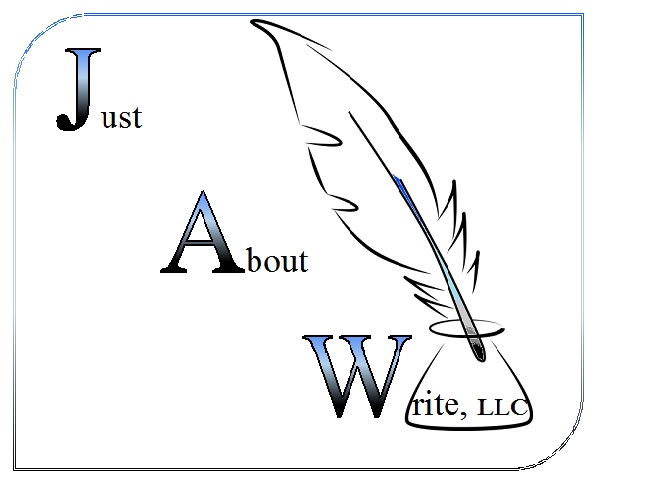As far as content niches go, landing in an industrial vertical isn’t a bad way to go.
Engineers, manufacturers, supply chain managers—these people are educated in a completely different way than your average writer. I often say that industry professionals “write in math.” By this, I mean that they can do complicated equations in their head, but the art of stringing a basic sentence together sometimes eludes them.
That’s where professional writers come in. Maybe we don’t know about the laws of magnetics or how to build a transformer from spare bits of wire in our garage—but we do know how to research. We know how to find out what we don’t know.
Here you’ll find five tips for freelance writers who want to crack the industrial sector as content marketers:
1. Know your limits. First thing’s first. Fields such as industrial or technical writing aren’t for everyone. Freelance writing is full of writers trying to desperately cram themselves into any assignment they can garner, only to find they can’t actually do the work (or at the least can’t do it well). It’s unprofessional. If you get confused trying to put an IKEA bookshelf together or the thought of changing the oil on your car by yourself scares the pants off of you, then writing in-depth content about aerospace components or packaging solutions or conveyor belts probably isn’t for you—no matter how on point you think your research skills are.
2. Watch your tone. You aren’t writing for Medium or your personal blog or Buzzfeed anymore. You are writing content for businesses to help them connect with other businesses. You are literally taking someone else’s livelihood in your hands alongside your own. B2B writing is a very different style of writing, and if you can’t maintain a professional demeanor throughout your content, then the client will come off looking bad to potential customers. Even if you’re asked to “keep it casual” or “write conversationally,” remember that you’re still writing content for the client’s potential customers. You can be casual and professional at the same time. Avoid punny/funny subheads. No bad dad jokes. Keep it classy and keep it succinct.
3. Don’t make stuff up. There’s a long way between your weird aunt on Facebook who will believe anything you post, and an engineer who expects usable, verifiable information when his vendor posts content. You can’t afford to fluff content for word count in the industrial sector. You definitely cannot afford to make up whatever information you don’t know. Your client will spot it and you’ll find yourself looking for a new niche. When you don’t know something, that’s what Google is for. If you can’t learn it, see tip #1.
4. Watch YouTube. Need to know what a vertical milling machine is? Check one out on YouTube. Do you need to know how bridges are built? Or how microchips are made? If you Google a topic and understanding stills seems beyond your grasp, change up your learning medium. Sometimes seeing things in action can trigger understanding in a way that reading alone cannot.
5. Write first, then edit. You’ll see this advice a lot, and it’s good advice. Difficult content is often incredibly intimidating. The longer you psych yourself out over it, the harder it will be to begin. Bang out what you can right away. Skip over parts you don’t understand and come back to them. But DO NOT FORGET TO EDIT. You may feel like you just want to be done with a piece after spending an hour or two on a draft, but you owe your clients better than that. Your reputation as a writer depends on you providing consistently clean copy. If you’re okay with submitting anything less than your absolute best, then find a new line of work. There are tens of thousands of other writers out there who can do what you do, and probably hundreds of them can and will do it better than you. Don’t give your clients a reason to shop around, because you are replaceable.
If this all sounds doable to you, then an industry content niche might be for you. Good luck.










